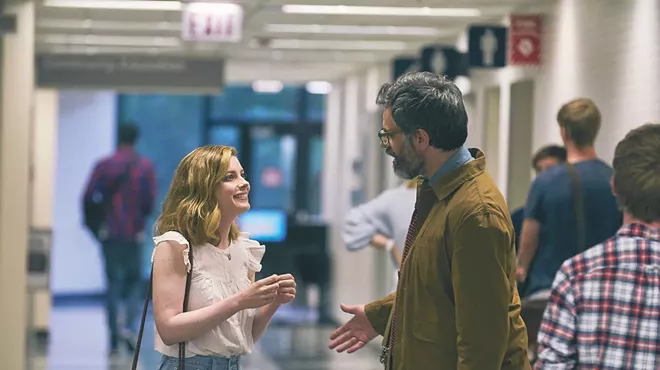I'm sure I'm not the only person who, as quarantine first went into effect, was determined to clear out my streaming queues and cross titles off my to-watch list. And I know I'm not the only person who has, instead, tried to keep my sanity by escaping into shows I've already watched.
A couple months ago, my wife and I started watching old episodes of RuPaul's Drag Race, the long-running, cultishly adored reality competition show pitting drag queens against one another in acting, design and choreography challenges. We blew through most of the available seasons on Hulu and Amazon, something like 130 episodes, most of which we'd already seen. Turns out, it's perfect pandemic programming.
I first saw Drag Race a decade ago at a party. I barely understood what was going on, but as with any show of its ilk — watch four episodes of Project Runway and you convince yourself you could edit Vogue — I eventually got into the groove of Drag Race. It was campy and kitschy, a reality competition show that almost played like a parody of reality competition shows.
Since that first exposure, Drag Race has become a cottage industry. RuPaul has won Emmys and hosted Saturday Night Live and his show now has its own annual fan convention and Vegas revue. Being a Drag Race fan in quarantine has been particularly rewarding, too: The show has so many spin-offs and international versions that there's been new Drag Race content on TV literally every week since February.
So what makes the show appealing to someone like me, a fashionably hopeless straight dude with little to no interest in other reality shows? I think it's the big personalities, and the camaraderie and tension that develops when they're all thrown into the lion's den together. Drag Race is also a remarkably empathetic show: Even its so-called villains, contestants who are particularly cutthroat or brutally honest, get screen time to fill us in on their backgrounds. You hear stories of tremendous adversity — queens whose parents don't know about their profession, who have been ostracized by family because they do drag, who have struggled to come out as transgender or HIV-positive — which mainstream TV tends to ignore.
For the most part, though, it's goofy, gaudy fun that nonetheless schools you on the artistry and ingenuity that good drag requires. And at a time like now, it's just what I needed: You can turn off your brain just enough, and still feel like you're watching something kinda smart. ♦


